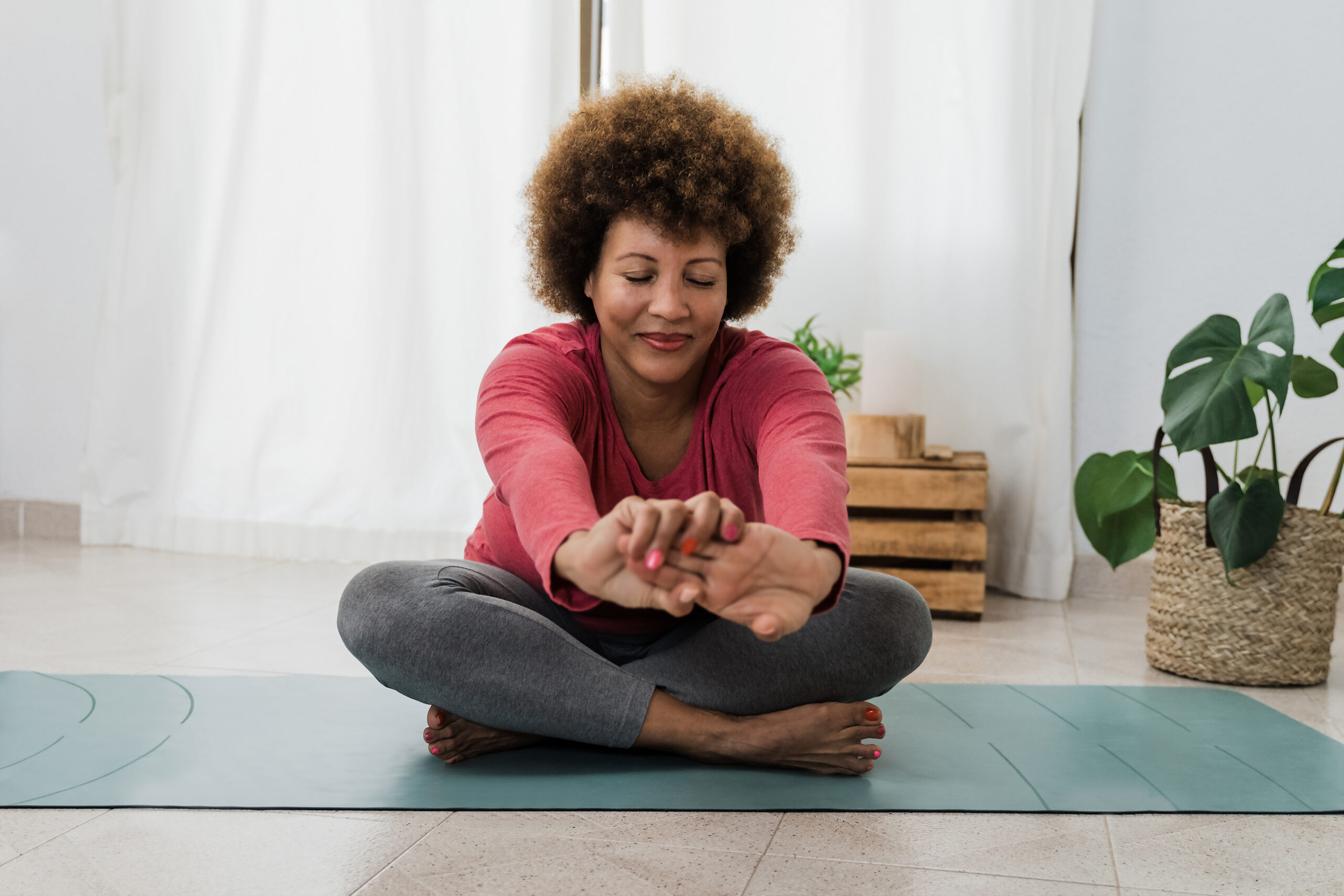After a certain age, it may take a few more minutes to limber up joints and warm stiff muscles in the morning, but an early-day workout has been found to improve cognition as well as physical fitness in older adults. Exercising within 3 hours of bedtime, however, can hinder a good night’s sleep and over time lead to memory deterioration, and increase the risk of high blood pressure, heart attack and stroke.
According to a recent ETNT Mind+Body article, research has found that even one night of poor sleep can activate genes associated with the aging process. Ongoing sleep deprivation after the age of 50 can cause adults to age faster, and contribute to serious health concerns. Contrary to popular opinion, older adults need the same amount of daily sleep as younger people – between 7 and 9 hours each night.
Exercising between 8 and 10 am has many benefits, including study findings that link earlier workouts with a lower risk of breast cancer in women and prostate cancer in men. Protecting the body’s natural circadian rhythm with morning exercise and a winding down period before rest at night helps maintain the production of melatonin. Melatonin is a naturally-occurring chemical released by the body when it’s time for sleep; it is also known to help stop the spread of cancer.
If your schedule does not allow an exercise break early in the day, or you are just not a morning person, working out in the late afternoon is also beneficial. Our body temperature gradually increases throughout the day, peaking in the late afternoon. Research has also found that strength and flexibility are usually greatest in the late afternoon making it easier to get the most from a workout without causing strain.
If you are having a hard time maintaining a regular exercise schedule, it can be helpful to set small goals to keep you motivated and post them so you can be reminded of the upcoming family reunion at which you want to look your best. Small steps over time add up if you are consistent. But it takes about two months for an activity to become a habit. Enlisting a friend or family member who will help keep you committed and accountable is also a good fitness strategy. Try to mix up your exercise routine to maintain interest and work out different muscle groups while doing something you find fun – it’s much easier to stick with activities you actually enjoy!






Add Your Voice
0 Comments
Join the Discussion